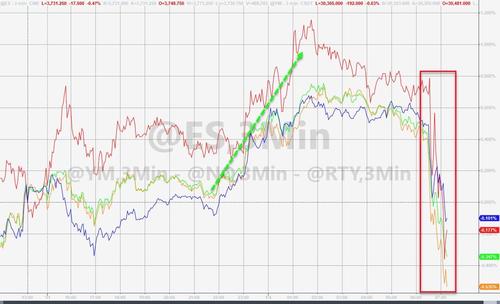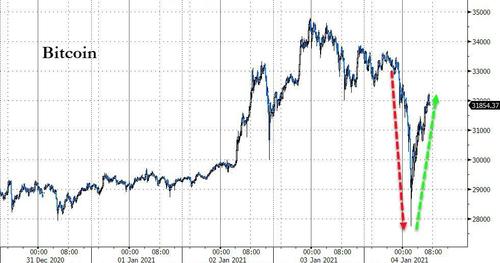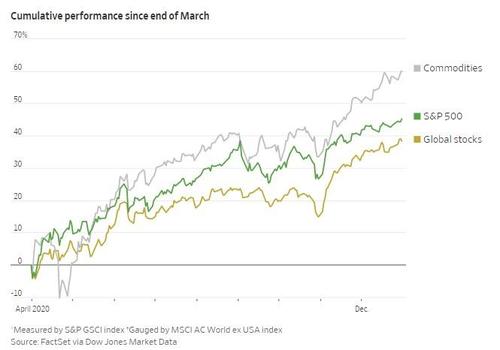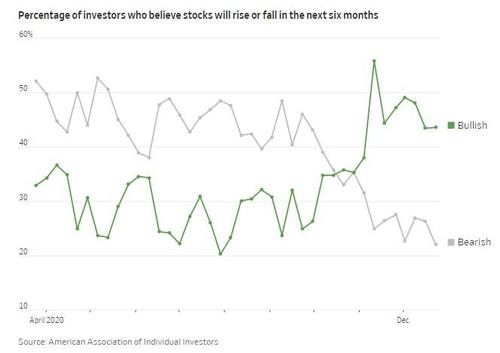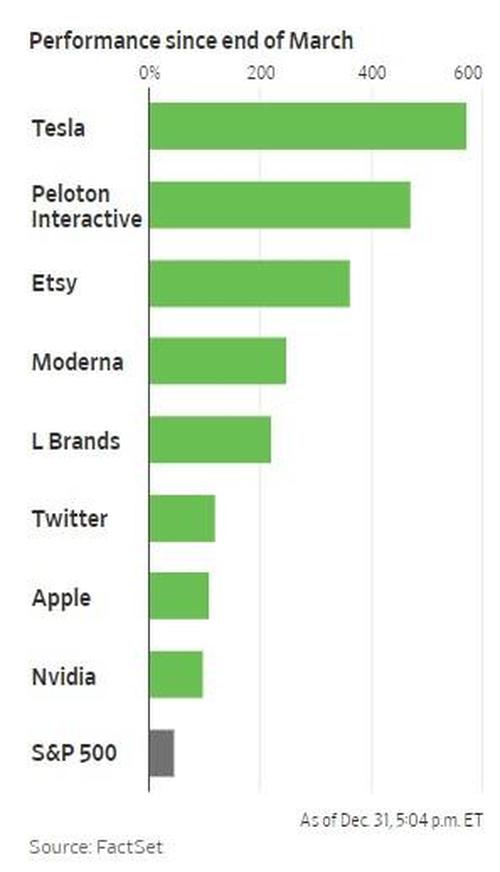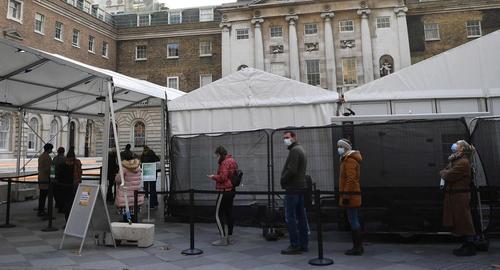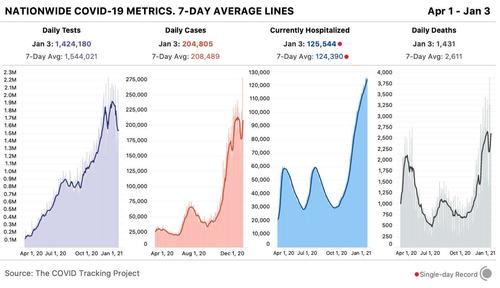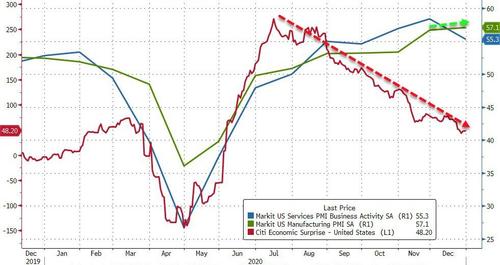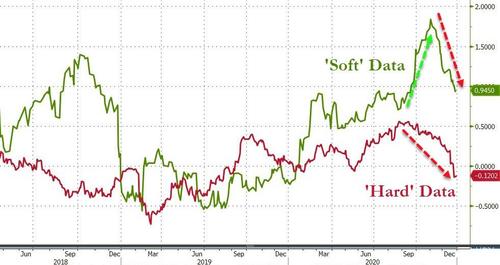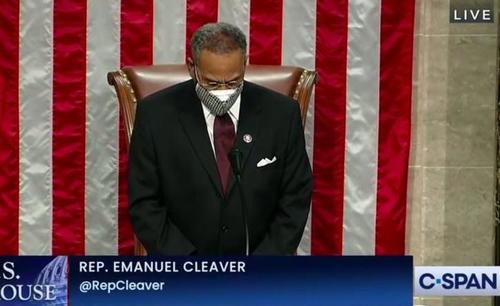President Donald Trump is making a fool of congressional Republicans who continue to back him. Days after a dozen senators said they would reject the 2020 presidential election results over allegedly sincere concerns about fraud, Trump is all but openly asking people to commit fraud to throw the election to him.
Insisting—against all evidence—that he actually beat President-elect Joe Biden in Georgia, Trump asked state officials to help him find the votes he would need to make it official. “All I want to do is this. I just want to find 11,780 votes, which is one more than we have. Because we won the state,” Trump said on a Saturday phone call with Georgia Secretary of State Brad Raffensperger and others. “So what are we going to do here, folks? I only need 11,000 votes. Fellas, I need 11,000 votes. Give me a break.”
On the call, Trump spins a number of disproved or unsubstantiated theories about voter fraud, including that “dead people voted,” “thousands and thousands, who went to the voting place on Nov. 3, were told they couldn’t vote,” out-of-state voters voted in Georgia, ballots for Biden were scanned three times, and some ballots were shredded.
The trouble: They don’t quite have the evidence yet to show it.
“What I’m hopeful for is there are some way that we can, we can find some kind of agreement to, to, to look at this a little bit more fully,” White House Chief of Staff Mark Meadows said on the call.
Trump also “issued a vague threat to both Raffensperger and Ryan Germany, the secretary of state’s general counsel, suggesting that if they don’t find that thousands of ballots in Fulton County have been illegally destroyed to block investigators — an allegation for which there is no evidence — they would be subject to criminal liability,” notes The Washington Post.
But throughout the hour-long call, Raffensperger and Germany pushed back against Trump’s claims of specific election fraud tactics and the general idea that the Georgia results are invalid. “We believe that we do have an accurate election,” said Raffensperger, a Republican.
You can read a full transcript of the call here.
Outrageously but unsurprisingly, some prominent Republicans have been faulting not Trump for making this call, but whoever recorded and leaked it. “A man does not release a private conversation he has with anyone,” tweeted television host Jesse Kelly. “You don’t repeat things said to you privately. That’s simple man code.”
But by and large, people across the political spectrum are calling this for what it is: yet another instance of Trump thinking he’s above the law and normal democratic procedures, yet more corruption and bad judgement, and the sort of thing that would provoke a much different result during normal times.
“This tape of the Trump phone call is amazing. Unless you’re drunk on the Kool Aid, it’s glaringly obvious they just want to cheat,” writes longtime conservative pundit Jonah Goldberg, now editor in chief of The Dispatch. “That’s it. Nothing clever. Nothing about patriotism or some higher calling. They’re just trying to cheat.”
“We do get numb to outrageous stuff, so it’s important to take a minute and shake four years of normalized criminous un-American morally treasonous behavior out of your head and recognize this for the lawless lowlife thuggery that it is — historically bad behavior by bad people,” tweeted constitutional lawyer Ken White, aka Popehat.
“In any other conceivable moment in US history, this tape would result in the leadership of both parties demanding the immediate resignation of the President of the United States,” suggested veteran journalist Carl Bernstein.
Trump’s little chat comes just as a gaggle of GOP lawmakers is going all in on the president’s election fraud claims. Last week, a dozen senators—including Sens. Ted Cruz (R–Tx.) and Josh Hawley (R–Mo.)—said they would side would not vote to certify the 2020 election results when Congress is asked to do so on January 6.
Even before the Post reported on Trump’s call to Georgia election officials, Cruz and company’s antics drew plenty of critics from their own side.
“The egregious ploy to reject electors may enhance the political ambition of some, but dangerously threatens our Democratic Republic,” said Sen. Mitt Romney (R–Utah) in a statement. He continued:
The congressional power to reject electors is reserved for the most extreme and unusual circumstances. These are far from it. More Americans participated in this election than ever before, and they made their choice. President Trump’s lawyers made their case before scores of courts; in every instance, they failed. The Justice Department found no evidence of irregularity sufficient to overturn the election. The Presidential Voter Fraud Commission disbanded without finding such evidence.
My fellow Senator Ted Cruz and the co-signers of his statement argue that rejection of electors or an election audit directed by Congress would restore trust in the election. Nonsense. This argument ignores the widely perceived reality that Congress is an overwhelmingly partisan body; the American people wisely place greater trust in the federal courts where judges serve for life. Members of Congress who would substitute their own partisan judgement for that of the courts do not enhance public trust, they imperil it.
Were Congress to actually reject state electors, partisans would inevitably demand the same any time their candidate had lost. Congress, not voters in the respective states, would choose our presidents.
Adding to this ill-conceived endeavor by some in Congress is the President’s call for his supporters to come to the Capitol on the day when this matter is to be debated and decided. This has the predictable potential to lead to disruption, and worse.
I could never have imagined seeing these things in the greatest democracy in the world. Has ambition so eclipsed principle?
Arkansas Republican Sen. Tom Cotton said voting not to certify the election results showing Biden as our next president “would essentially end presidential elections and place that power in the hands of whichever party controls Congress.”
Texas Republican Rep. Chip Roy challenged the legitimacy of congressional election results from states in contested statements, to make a point about the lack of logic or consistency in the clown show that is the stance of Cruz and Hawley.
Roy was one of seven GOP representatives—including Mike Gallagher of Wisconsin, Kelly Armstrong of North Dakota, Ken Buck of Colorado, Thomas Massie of Kentucky, Tom McClintock of California, and Nancy Mace of South Carolina—who put out a statement paying lip service to the idea that “the elections held in at least six battleground states raise profound questions” but ultimately condemning efforts not to certify the results.
“Only the states have authority to appoint electors, in accordance with state law,” they write. “Congress has only a narrow role in the presidential election process. Its job is to count the electors submitted by the states, not to determine which electors the states should have sent.”
“We must respect the states’ authority here,” they concluded. “Though doing so may frustrate our immediate political objectives, we have sworn an oath to promote the Constitution above our policy goals. We must count the electoral votes submitted by the states.”
FREE MINDS
Supreme Court to consider student’s Snapchat rant. A high school cheerleader’s “fuck”-laden rant on Snapchat got her booted from the team. Now, the girl—known in court proceedings as B.L.—is deep in case about student First Amendment rights. “They won at both the district and circuit court levels,” notes Law & Crime. But “Mahanoy Area School District asks the Supreme Court to reverse the Third Circuit’s decision or risk stripping thousands of school districts of a significant power to keep their student bodies safe. They contend that it’s a matter of schools being able to protect students from “off-campus threats or harassment.”
“When the justices reconvene after their holiday break, they will consider the case in their first conference of the new year,” writes Elura Nanos at Law & Crime:
The current reality is not likely to be lost on the justices. Millions of American students are “attending” school from their homes, using hundreds of new technological platforms and interacting with friends, peers, and teachers only electronically. The COVID-19 pandemic has (perhaps permanently) blurred the lines between home and work, as well as home and school. The Court itself has been handling its work remotely, and if it grants certiorari in the case, those arguments are likely to be held telephonically. B.L.’s Saturday afternoon out with friends now seems like a bygone tale of yesteryear, but its effects may have lasting meaning for students in years to come.
FREE MARKETS
HHS backs down on hand sanitizer penalty. The U.S. Department of Health and Human Services (HHS) is backing down on fees levied against distilleries that stepped up to produce hand sanitizer instead of booze during the early days of the pandemic.
Now, “thanks to media coverage, including here at Reason…the federal government has reversed course on what would have been a devastating blow to small businesses,” writes Jacob Grier, who first reported on the HHS fees. More on the HHS reversal here.
QUICK HITS
• “A British judge on Monday rejected the United States’ request to extradite WikiLeaks founder Julian Assange to face espionage charges, saying he was likely to kill himself if held under harsh U.S. prison conditions,” reports the Associated Press.
• The new COVID-19 variant affects people under 20 more than the original strain, according to a new study from the Imperial College London.
from Latest – Reason.com https://ift.tt/2MyF9WD
via IFTTT
